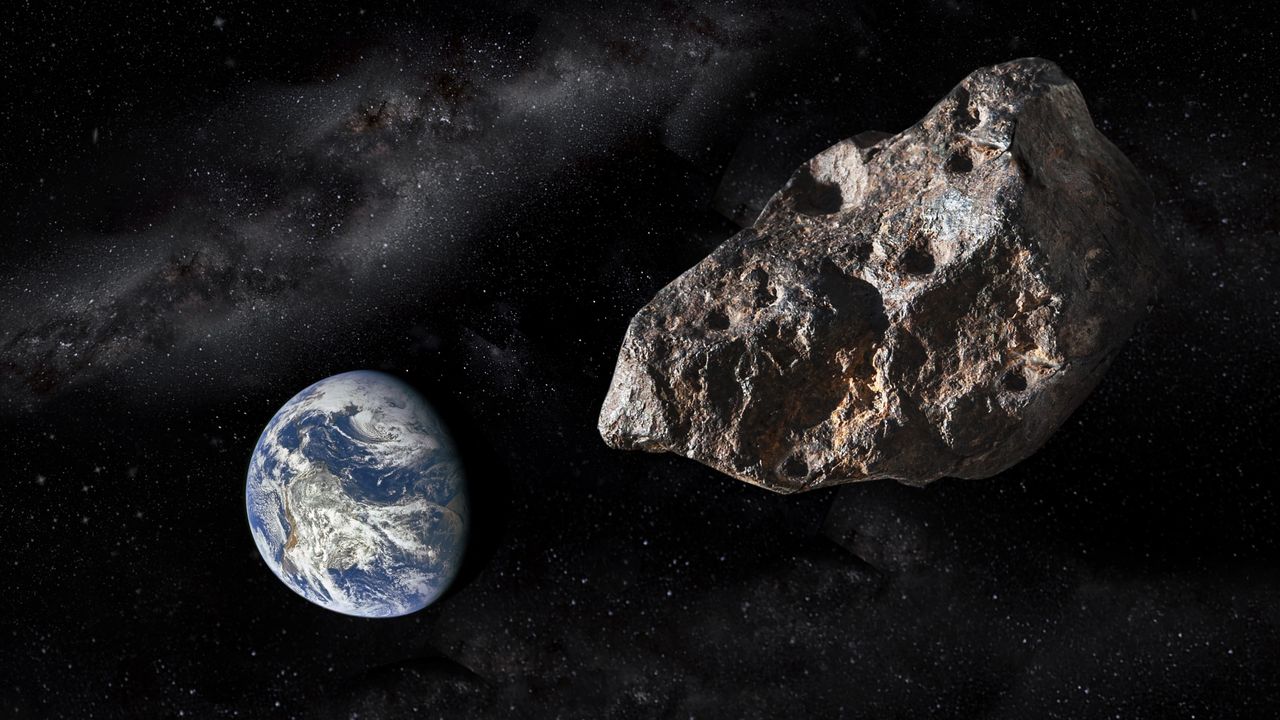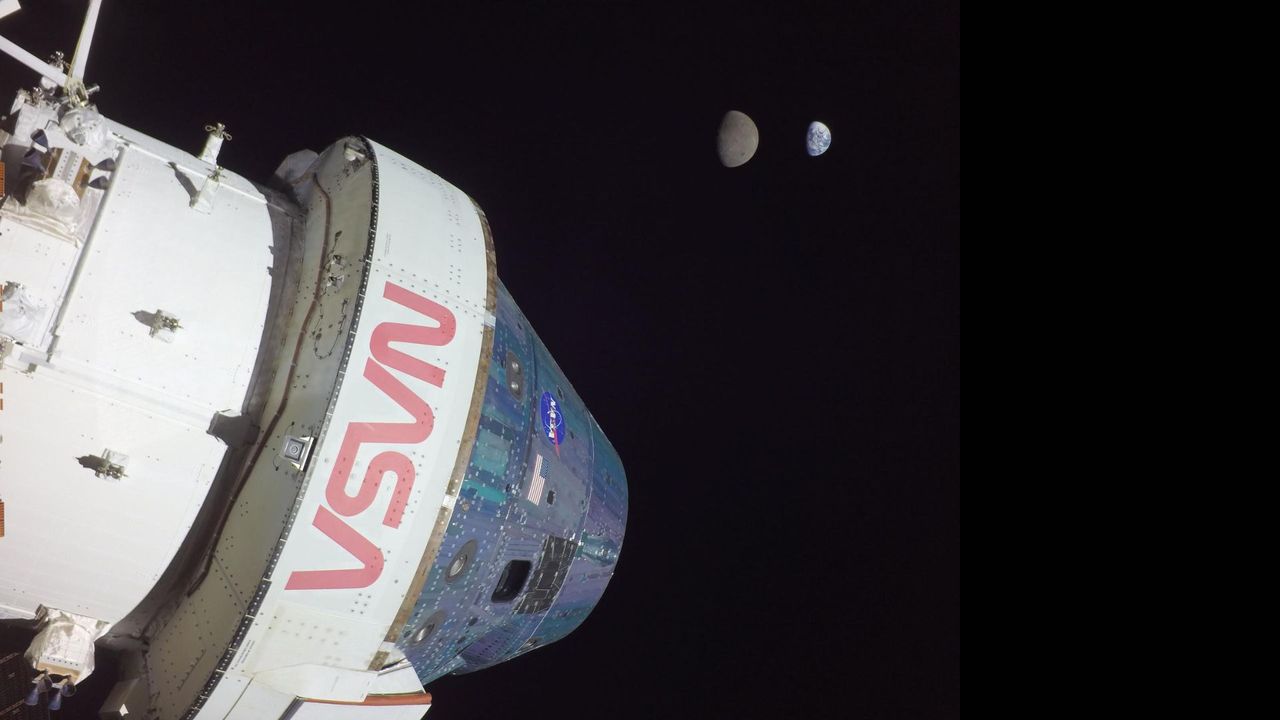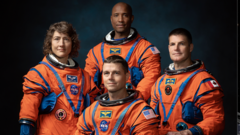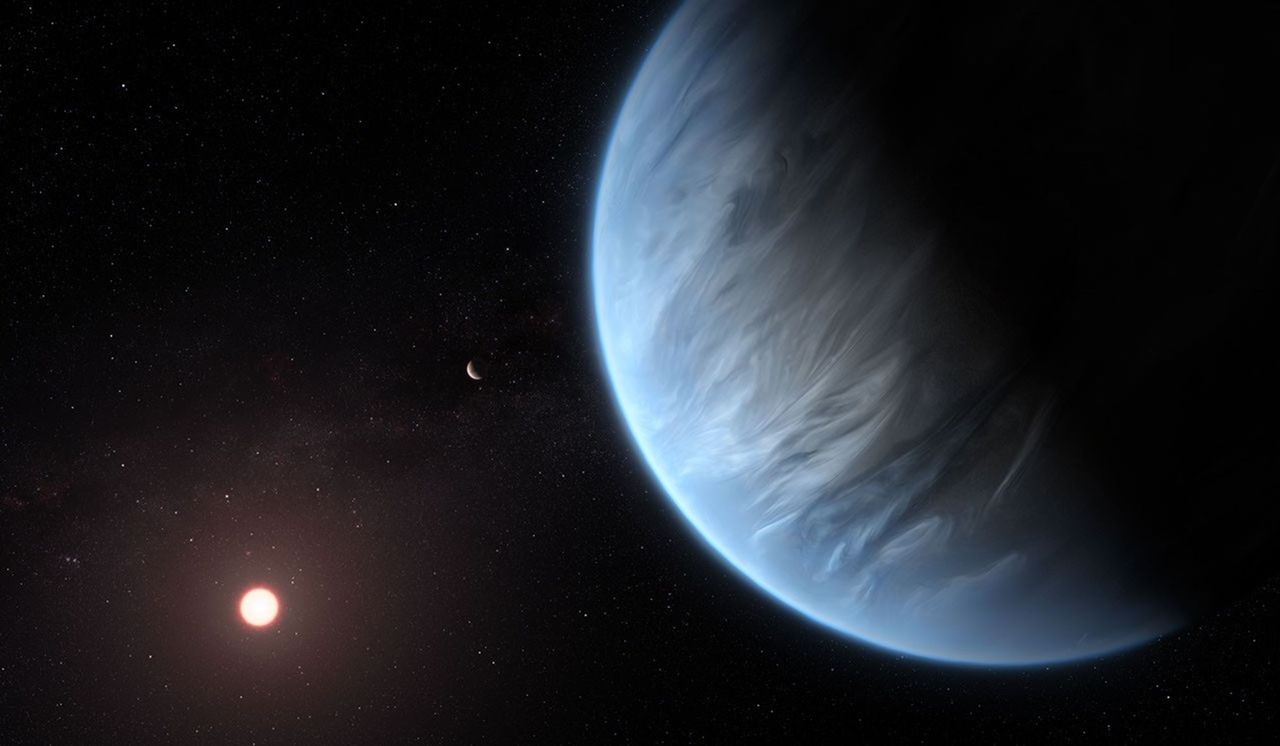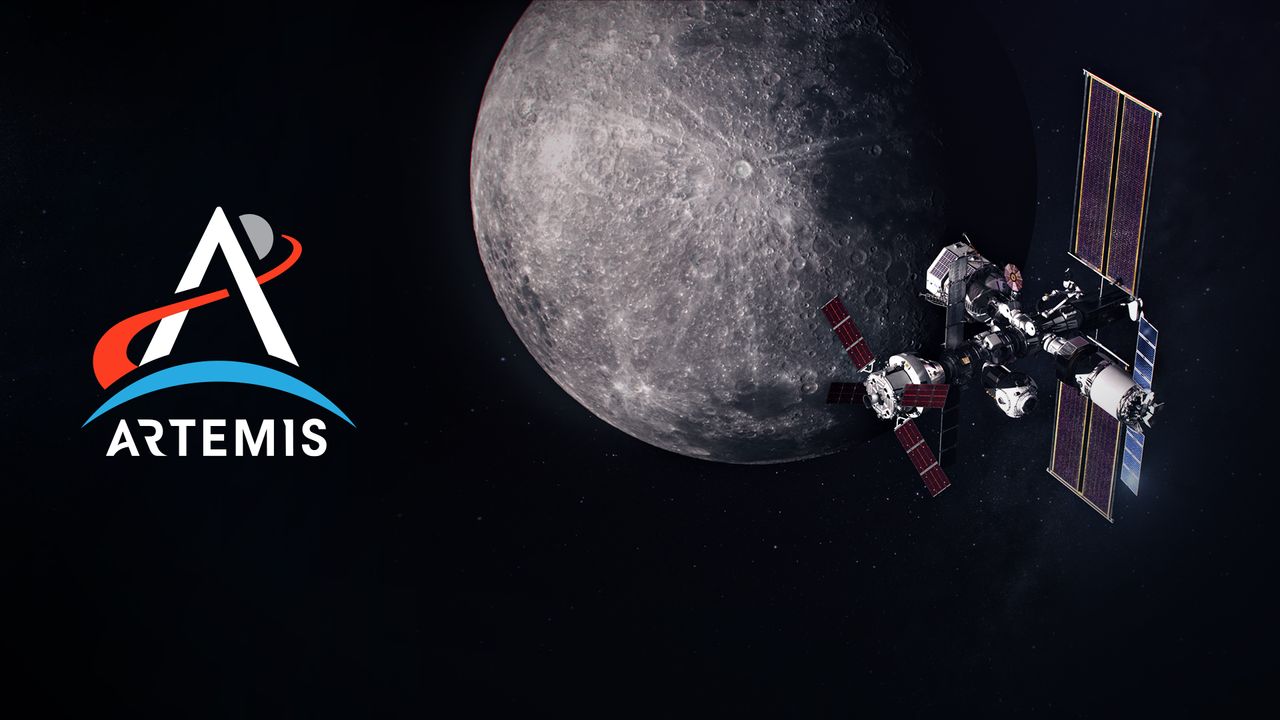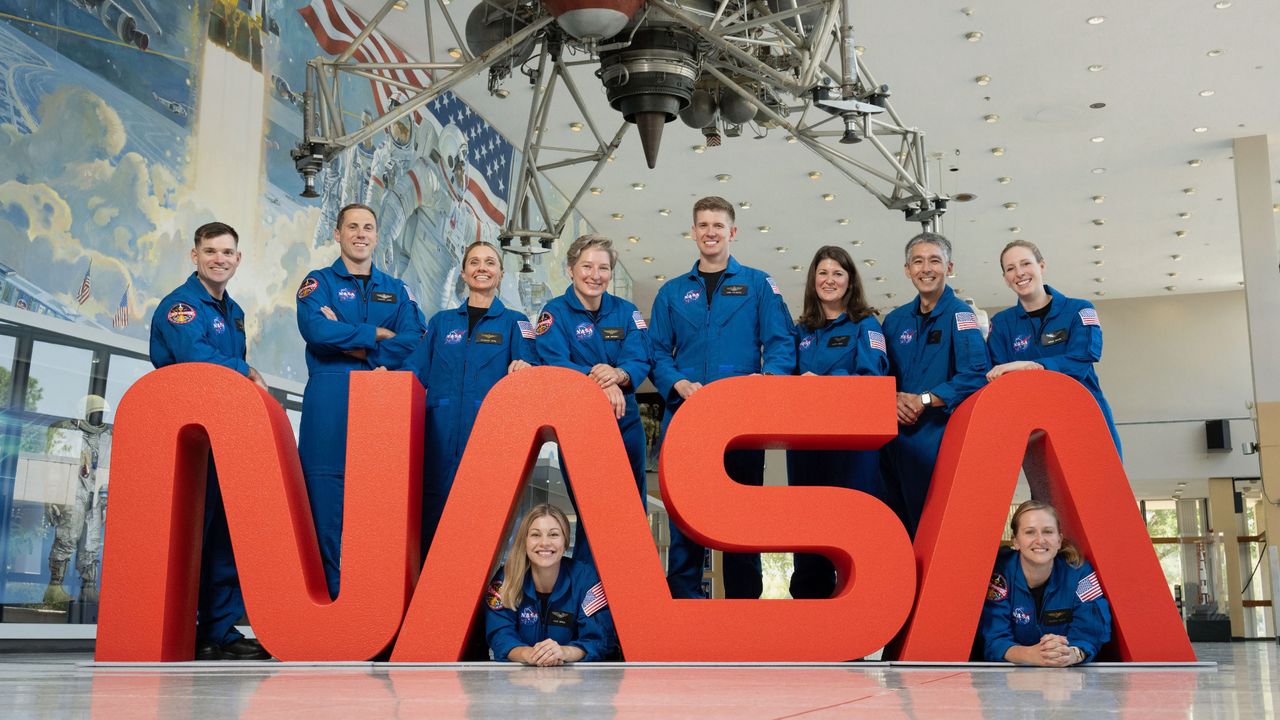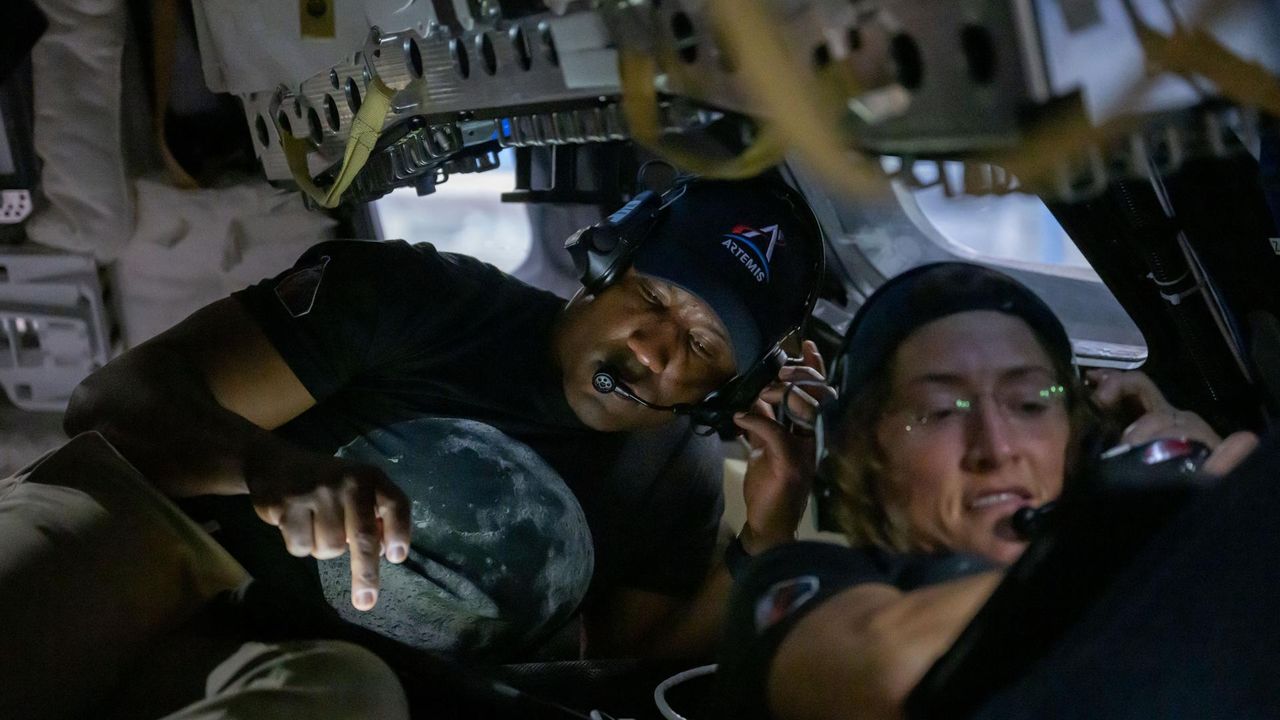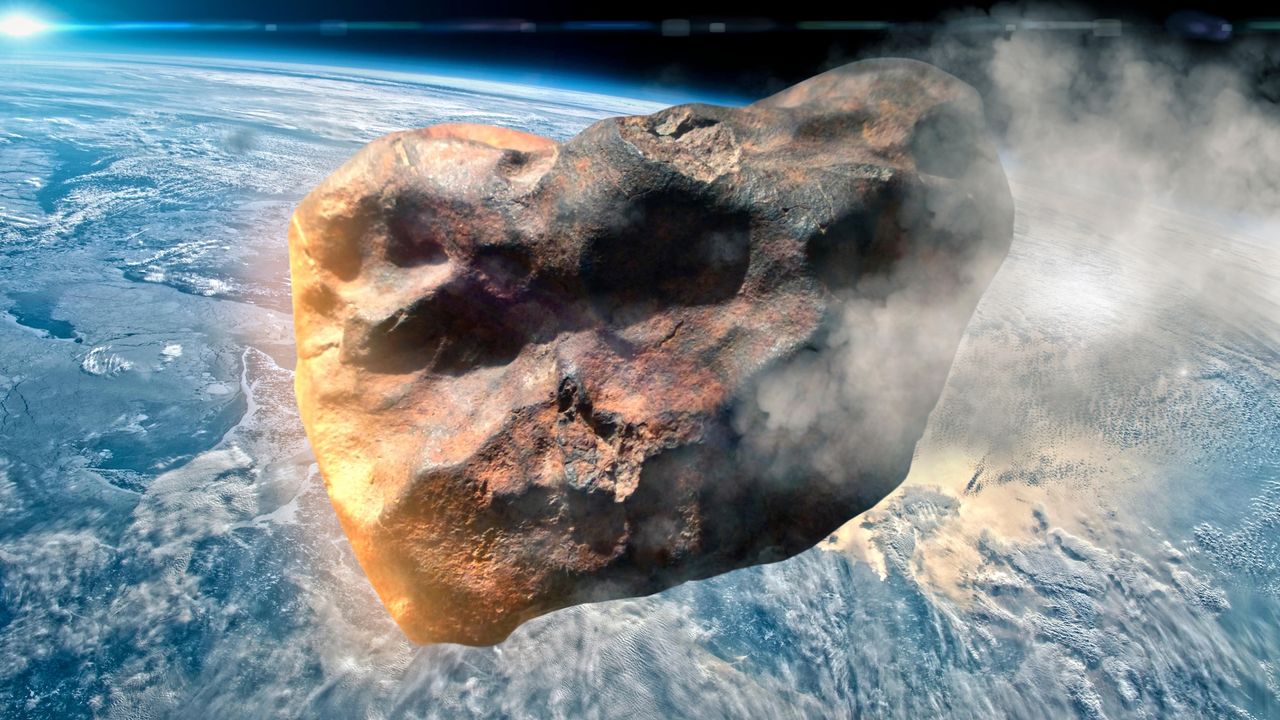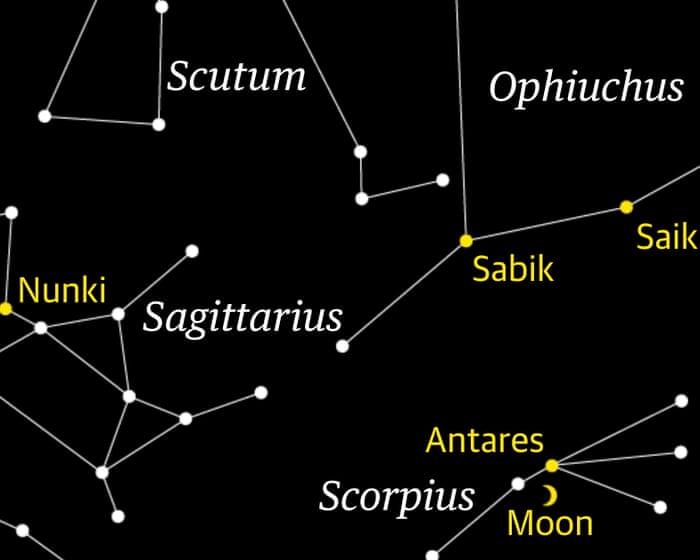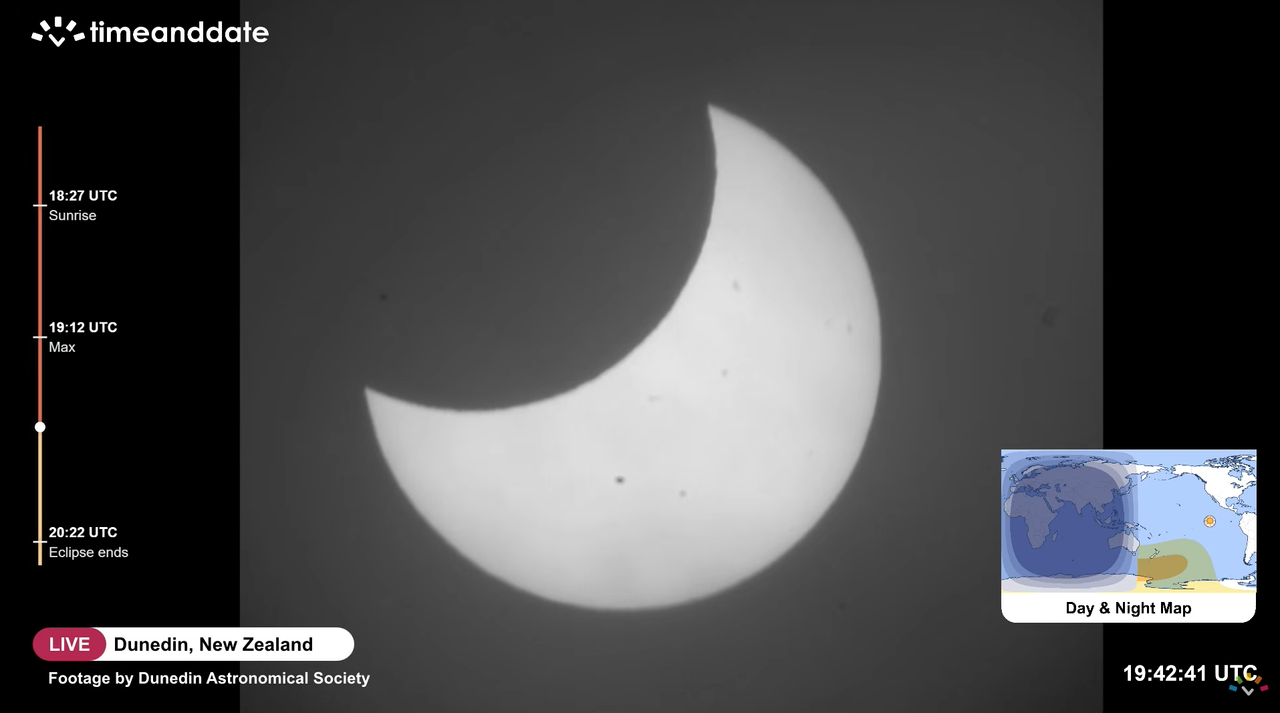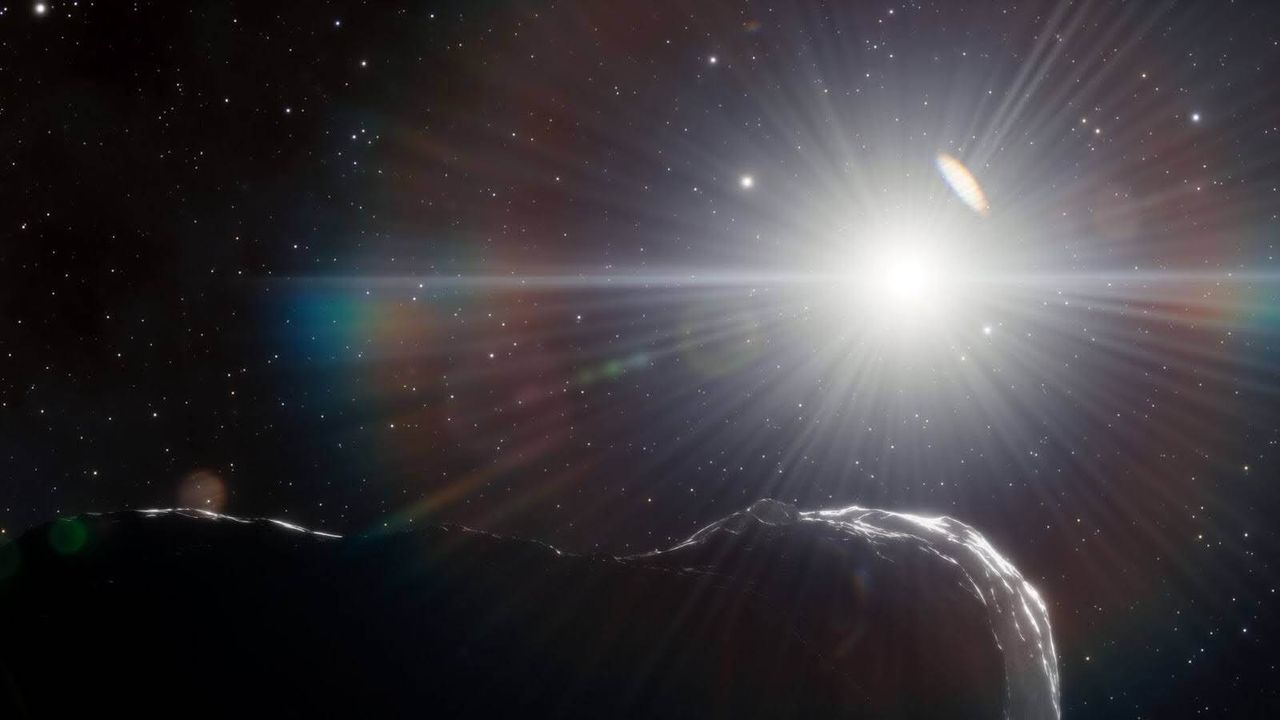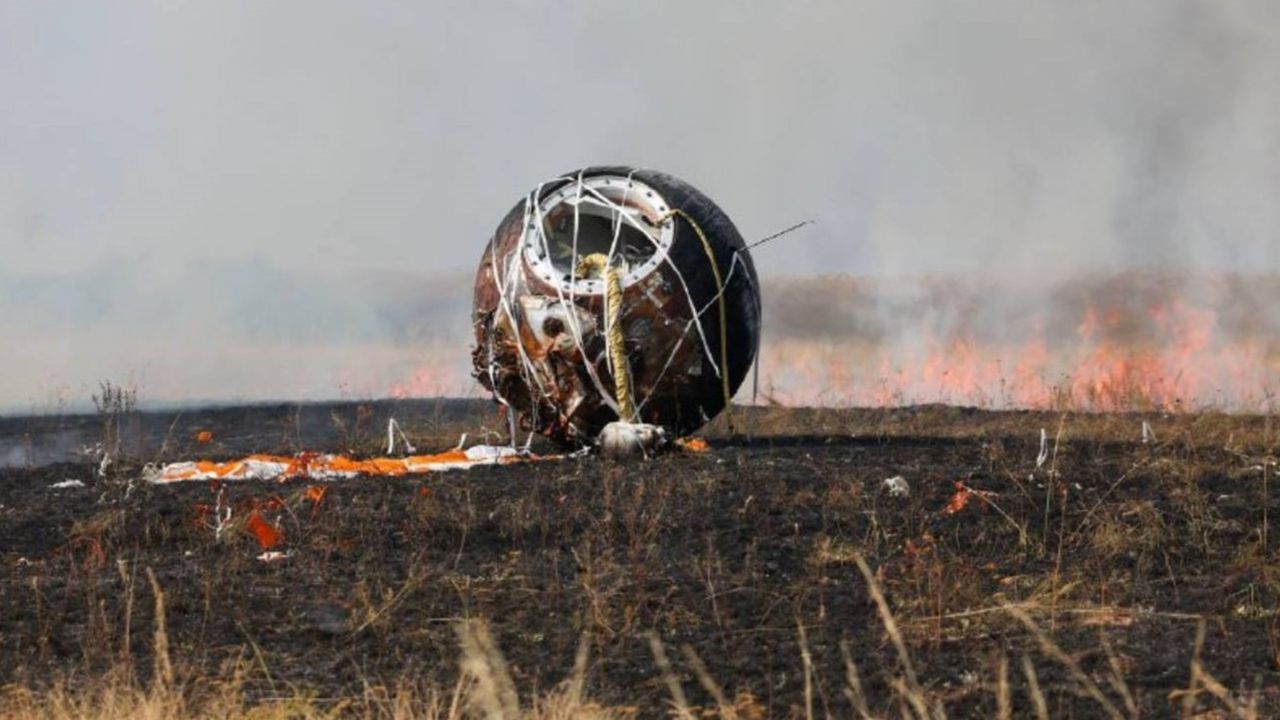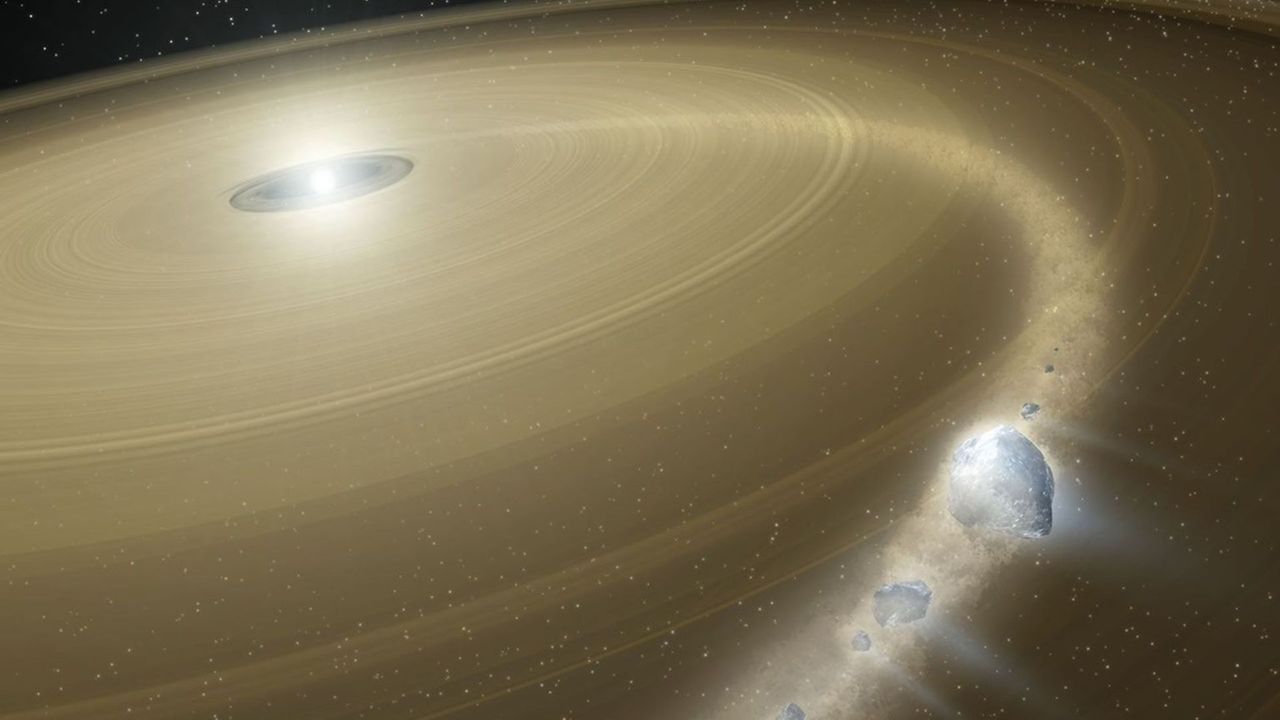The Moon Is Rusting—Thanks to ‘Wind’ Blown from Earth
NeutralScience
Recent experiments reveal that lunar minerals can rust when exposed to high-energy oxygen particles blown from Earth. This finding is significant as it enhances our understanding of the Moon's surface chemistry and the environmental factors affecting it. As we continue to explore the Moon, knowing how its materials react to elements from our planet could inform future missions and the potential for utilizing lunar resources.
— Curated by the World Pulse Now AI Editorial System
